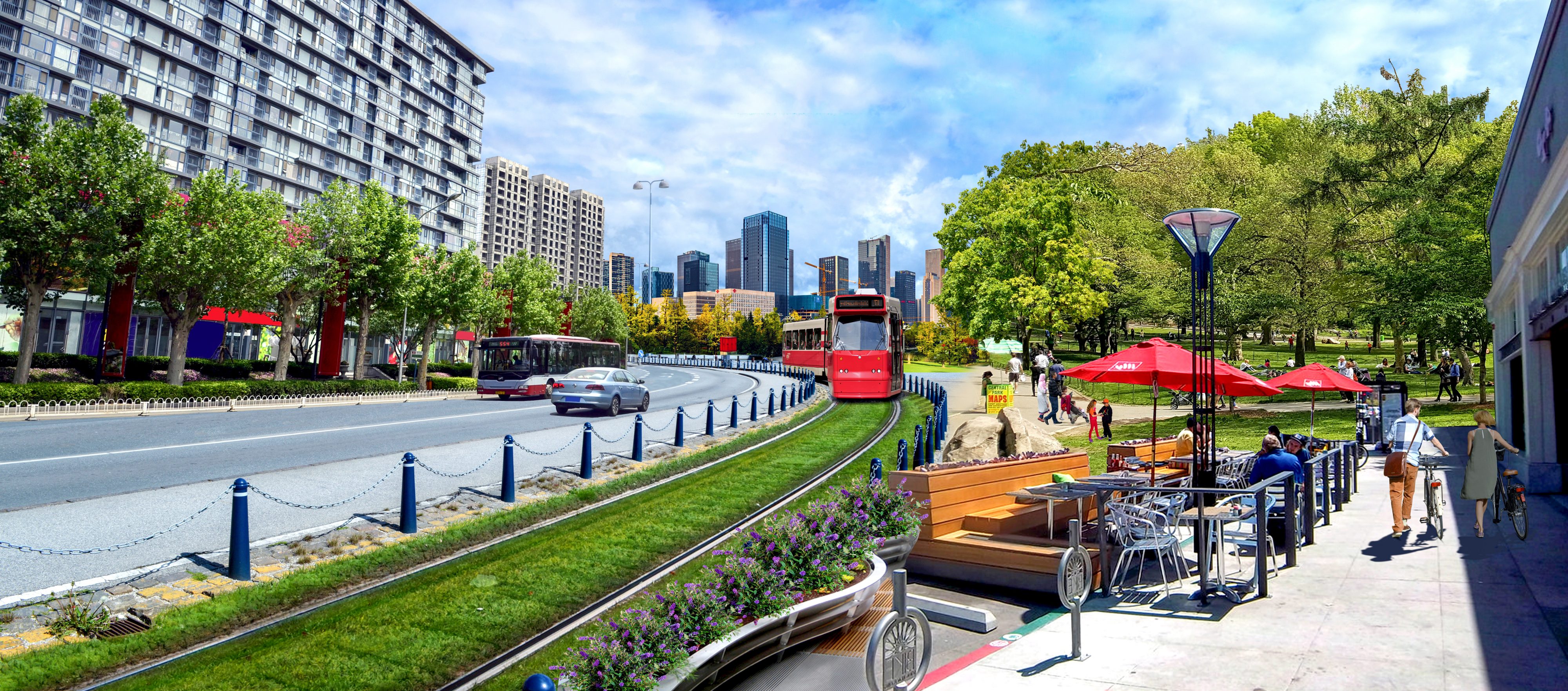
Planning Harmonious Habitats
UWI designs masterplans for cities that are customized to meet evolving local market requirements, informed by the needs of the residents, and offers a unique policy framework that sets guiding principles to ensure cities are happy, livable, and prosperous as envisioned at the design stage.
UWI’s cities are built to meet government and resident expectations. They support economic growth through technology transfer, and creating new job opportunities, and meet social objectives by providing residents with enhanced public transportation systems, improved personal well-being, and provide residential facilities that meet rising housing demands. Environmentally, UWI’s cities contribute to environmental preservation.
Driven by its sustainability model, UWI’s masterplans combine economic, technical, environmental, and social objectives. Social aspects include security enhancements, human capacity development, and flexible city aesthetics that respond to shifting resident demands over time. Aspects that contribute to environmental preservation and offer lifestyle improvements include high-quality open spaces, public parks, playgrounds and pedestrian-friendly environments that encourage walkability and reduce the need for transportation.
Efficient, reliable and sustainable energy solutions such as smart grids, smart metering, renewable energy sources and energy storage systems analyze energy consumption, monitor demand and supply and assess future energy requirements. Economic objectives include contributing to GDP, creating new job opportunities, and technology transfer.
From the onset, UWI develops an operating model that provides the highest quality city management services to its residents. Structured partnerships with leading local and international infrastructure developers and operators ensures that UWI cities get the highest quality city management services to deliver cities that are progressive, clean and safe.